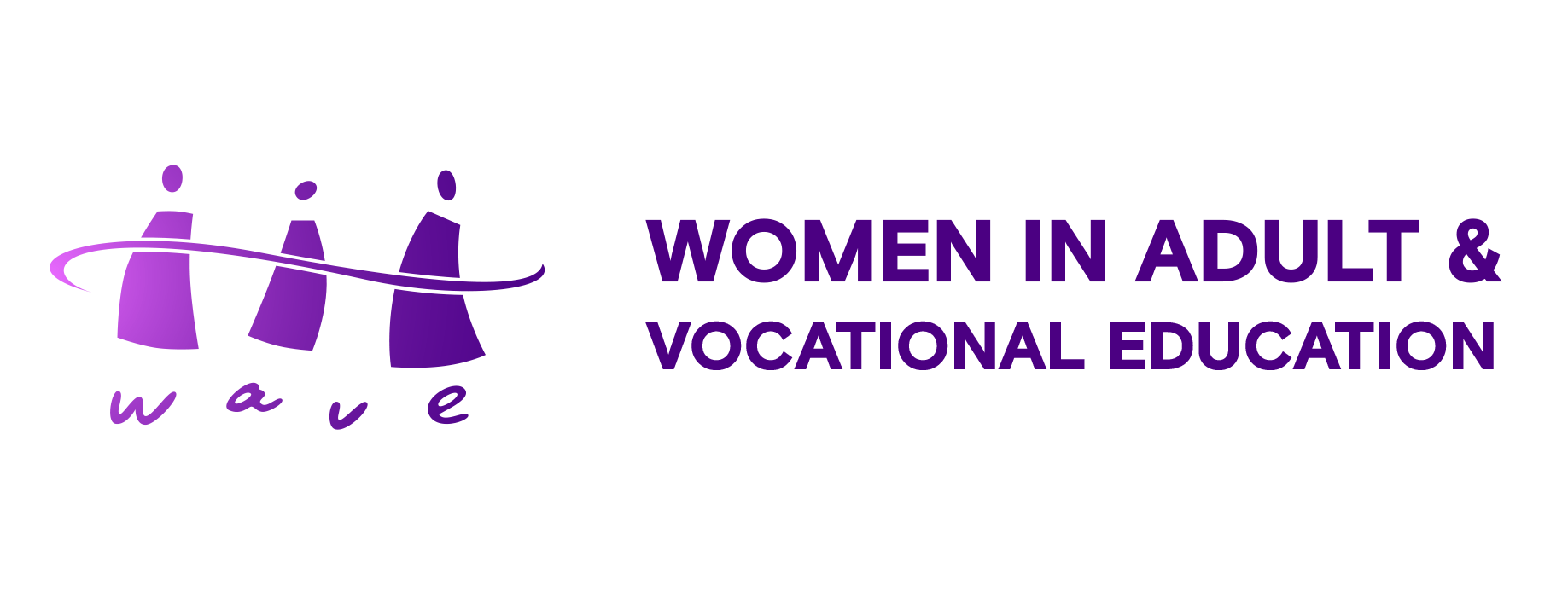05 Mar Count Her In: Invest In Women. Accelerate Progress

In a world striving for equality and fairness, the empowerment of women stands as a beacon of progress and hope. The theme for International Women’s Day 2024, "Count Her In: Invest in Women. Accelerate Progress," echoes this sentiment, emphasising the vital role of women's economic empowerment in achieving a gender-equal world. Inspired by the priority theme of the United Nations 68th Commission on the Status of Women, this movement focuses on exploring avenues for enhancing economic inclusion for women and girls globally.
THE ESSENCE OF ECONOMIC EMPOWERMENT
Economic empowerment for women is more than just a moral or social issue; it's a catalyst for widespread prosperity and development. When women have equal opportunities to earn, learn, and lead, the benefits extend far beyond individual achievements. Entire communities and economies thrive, witnessing improvements in health, education, and overall quality of life. The empowerment of women is thus not just a pathway to gender equality but a foundational element for global progress and stability.
RECOGNISING PROGRESS AND PERSISTING CHALLENGES
Significant strides have been made in recent years towards women’s economic empowerment. More women than ever are participating in the workforce, starting businesses, and taking on leadership roles. However, the journey is far from over. Women continue to face substantial barriers to achieving equal participation in the economy. Gender wage gaps, unequal access to education and training, discrimination in the workplace, and a disproportionate share of unpaid care work are just a few of the obstacles that persist.
The current state of women's economic participation is a complex mosaic, shaped by a multitude of factors including cultural norms, policies, and access to resources. These barriers not only hinder the potential of women but also impede the overall growth and development of societies.
THE IMPACT OF UNEQUAL ACCESS
The lack of equal access to education, employment pathways, financial services, and literacy is a significant impediment to achieving gender equality. Education is the cornerstone of empowerment, yet girls and women often face considerable challenges in accessing quality education. Employment pathways are often limited by gender stereotypes and biases, restricting women's opportunities to engage in diverse and high-paying roles. Financial services and literacy are crucial for economic independence, yet women globally have lower access to financial resources and are often less financially literate than men.
THE WAY FORWARD: ENSURING EQUAL OPPORTUNITIES
To truly realise gender equality, it is imperative to ensure that women and girls are given equal opportunities to build their capabilities and strengthen their capacity to learn, earn, and lead. This involves a multifaceted approach:
Education for empowerment: Investing in girls' education is the first step towards their economic empowerment. Quality education provides the skills and knowledge necessary for women to participate fully in economic life.
Breaking employment barriers: Promoting gender equality in the workplace is essential. This includes implementing policies that support access to employment, challenge gender stereotypes, and ensure equal pay for equal work.
Access to financial services and literacy: Women need equal access to financial resources and education. This enables them to start and grow businesses, invest in their families, and contribute to the economy.
Leadership and decision-making: Encouraging women’s participation in leadership and decision-making roles is crucial. Women leaders bring diverse perspectives and contribute to more inclusive and effective decision-making processes.
Addressing unpaid care work: Recognising, reducing, and redistributing unpaid care work is essential. This would alleviate a significant barrier to women’s economic participation and create a more equitable sharing of responsibilities.
Legal and policy frameworks: Governments and institutions must enforce laws and policies that promote gender equality and protect women's rights in the economic sphere.
Community and cultural change: Engaging communities and changing cultural norms is vital in ensuring lasting change. This involves challenging stereotypes and promoting gender equality as a shared community value.
Malala Yousafzai Nobel Peace Prize laureate
WAVE’S FOCUS: COUNTING HER IN
In the 2024 pre-budget submission to the Australian Government, Women in Adult and Vocational Education (WAVE) has put forth a robust and strategic plan to address the ongoing disparities within Australia's vocational education and training system. Recognising the crucial role that vocational education plays in advancing women's economic equality, WAVE's proposal advocates for a fundamental shift towards equity in the skills system, focusing on enhancing the capacity of Jobs and Skills Councils.
With a budget allocation of $24.85 million over five years, the proposal is a modest investment with the potential for significant returns. This investment represents just 0.05% of the annual Vocational Education and Training (VET) budget and equates to approximately $2.45 per woman per year. WAVE's analysis projects a conservative return of at least 10% of the $12.8 billion recommended by the Women’s Economic Equality Taskforce (WEET) over a 10-year reform plan.
This approach is not only financially sound but promises to yield better outcomes from the VET system, benefiting women, their communities, workplaces, and families. WAVE will continue to advocate to government ministers to consider this strategic initiative as a critical step in creating a more equitable, productive, and economically vibrant Australia.
Kit McMahon
National Co-Convenor Women in Adult and Vocational Education
CONCLUSION: A CALL TO ACTION
As we celebrate International Women’s Day 2024 under the banner "Count Her In," we are reminded of the critical importance of investing in women. The empowerment of women is not just a women's issue; it is a societal issue that affects us all. It is a powerful driver for economic growth, social development, and global progress.
Now, more than ever, we must act collectively and decisively. Governments, businesses, communities, and individuals all have roles to play in this endeavour. By investing in women, we are not only supporting half of the world's population but also paving the way for a more equitable, prosperous, and sustainable future. Let us all commit to this cause and truly count every woman in, for when women thrive, humanity prospers.
To be part of the WAVE call to action, become a member today, click follow and stay connected to our advocacy and lobbying. Join our Network. As a WAVE member, you become part of the national feminist network that advocates on behalf of women in adult and vocational education and training and employment-related issues. Your membership lends strength to that advocacy, giving us a distinctive place in the women’s movement. As a member, you can participate in and organise events, add your thoughts to our advocacy, and participate in research and other written work. Join us in making a difference and shaping a more equitable future.
Debra Parker FAITD (she/her) Experienced leader and lifelong learner.
-----------
WAVE is a national network of women involved in VET, adult education and the broad field of work-related education and training. WAVE provides seminars & workshops, research, policy advocacy and advice, as well as networking on an international, national and state basis. We are supported within each state by local representation that in turn contributes collaboratively to national events and governance.
To join WAVE, and contribute to the work we do, visit https://wave.org.au/wave-membership/
Photo by Katherine Hanlon on Unsplash


